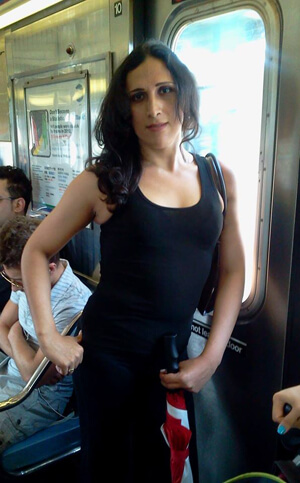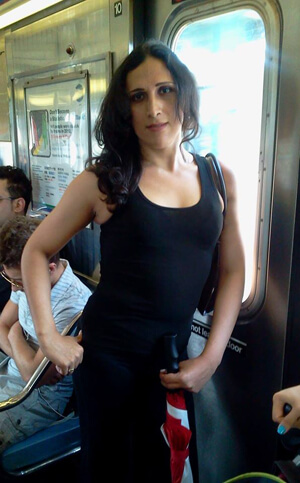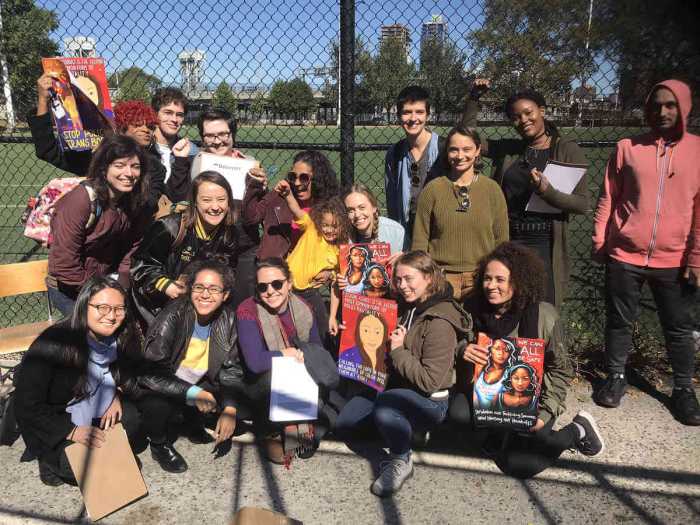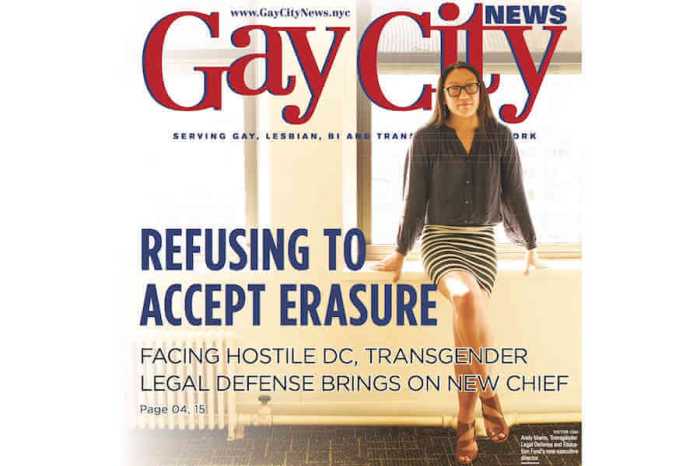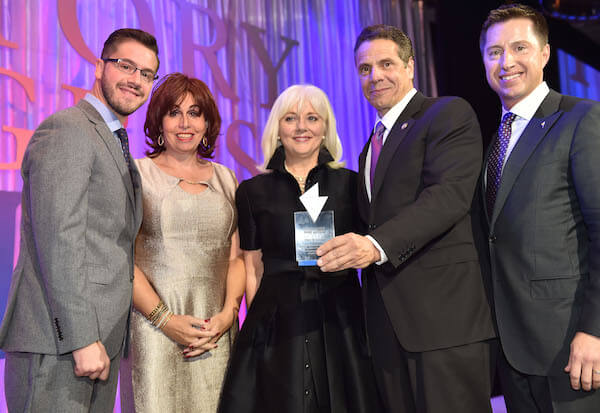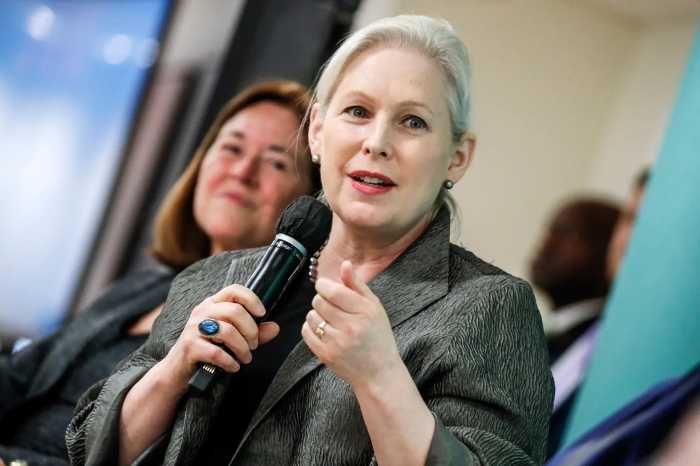Johanna Vasquez.
BY JOHANNA VASQUEZ | Growing up transgender in El Salvador, I lived in fear for my safety and, at times, my life. Neighbors and classmates taunted me relentlessly and beat me up because of my gender identity. When I was 16 years old, I was assaulted and brutally gang-raped by seven men. During the attack, they screamed, “You are a sickening piece of trash, faggot.” They left me unconscious, ready to die.
Terrified that the transphobic police and community members would kill me if I reported the rape, I did the only thing I could think of: I fled to the US. Here, I was able to rebuild my life without the violence or persecution that plagued me in my home country. That came to an end when, after 12 years in the US, I was arrested and placed into removal proceedings for being in the country without legal documentation.
I was thrown into an immigration detention center, where I was beaten and sexually assaulted by another detainee. Unbeknownst to me, I had missed the one-year deadline for applying for asylum in the US, and was faced with the bleak choice of accepting deportation or wasting away in the detention facility. Grimly, I chose to stop fighting my case and was deported.
In El Salvador, my safety was once again threatened and I decided I had to return to the US. Apprehended by border patrol, I was held in “protective” solitary confinement in an all-male prison 23 hours a day because I was transgender. After seven months of solitary confinement, I was again deported.
This time, I didn’t even make it past the airport in El Salvador. Ten armed men in a car abducted, raped, and threatened to kill me. When I summoned the courage to report the crime to the police, they took no action, saying the men should have killed me when they had the chance.
For a third and final time, I fled El Salvador. Again I was arrested by immigration officials and sent to federal prison. This time, I got a chance to tell my story to a judge. Eventually, with the help of the LGBT immigrant rights group Immigration Equality, I won a legal status known as withholding of removal, which allows me to live and work in the US — but does not provide many of the key protections of asylum.
I tell my story because I hope it will help people understand the urgent need for compassionate, commonsense immigration reform. A new report from the National Center for Transgender Equality (NCTE) underscores the unique challenges transgender immigrants face. Too often, we are locked out of asylum protections and mistreated and abused in detention facilities.
A 2010 study found that in 46 percent of immigration cases in which the filing deadline was an issue, it was the only reason cited for denying asylum. For people like me who face the threat of severe violence and persecution if deported, that arbitrary deadline is unacceptable.
It is not uncommon for transgender, lesbian, gay, and bisexual detainees to be held in total isolation for up to 23 hours a day, like I was, simply because of our gender identity or sexual orientation. This happens despite the fact that solitary confinement fails to prevent abuse and can be extremely harmful to the psychological health of detainees.
The thousands of stories like mine are why NCTE’s report calls on Congress to ensure that immigration reform legislation repeals the one-year asylum filing deadline and reforms detention procedures to reduce detainee abuse and end overuse of solitary confinement. Both chambers of Congress have introduced legislation that includes a repeal of the asylum filing deadline as well as provisions that would greatly improve conditions for people held in detention facilities. Congress should make certain these important steps forward remain strong in final reform legislation.
Our current immigration system leaves transgender people too vulnerable to discrimination, abuse, and injustice, and denies us the basic human dignity with which we should all be treated. I stand for commonsense, compassionate immigration reform because I believe that all immigrants, including LGBT immigrants, are a vital part of our country’s fabric and should be treated with dignity and respect under immigration laws.
Johanna Vasquez lives in New York City.

